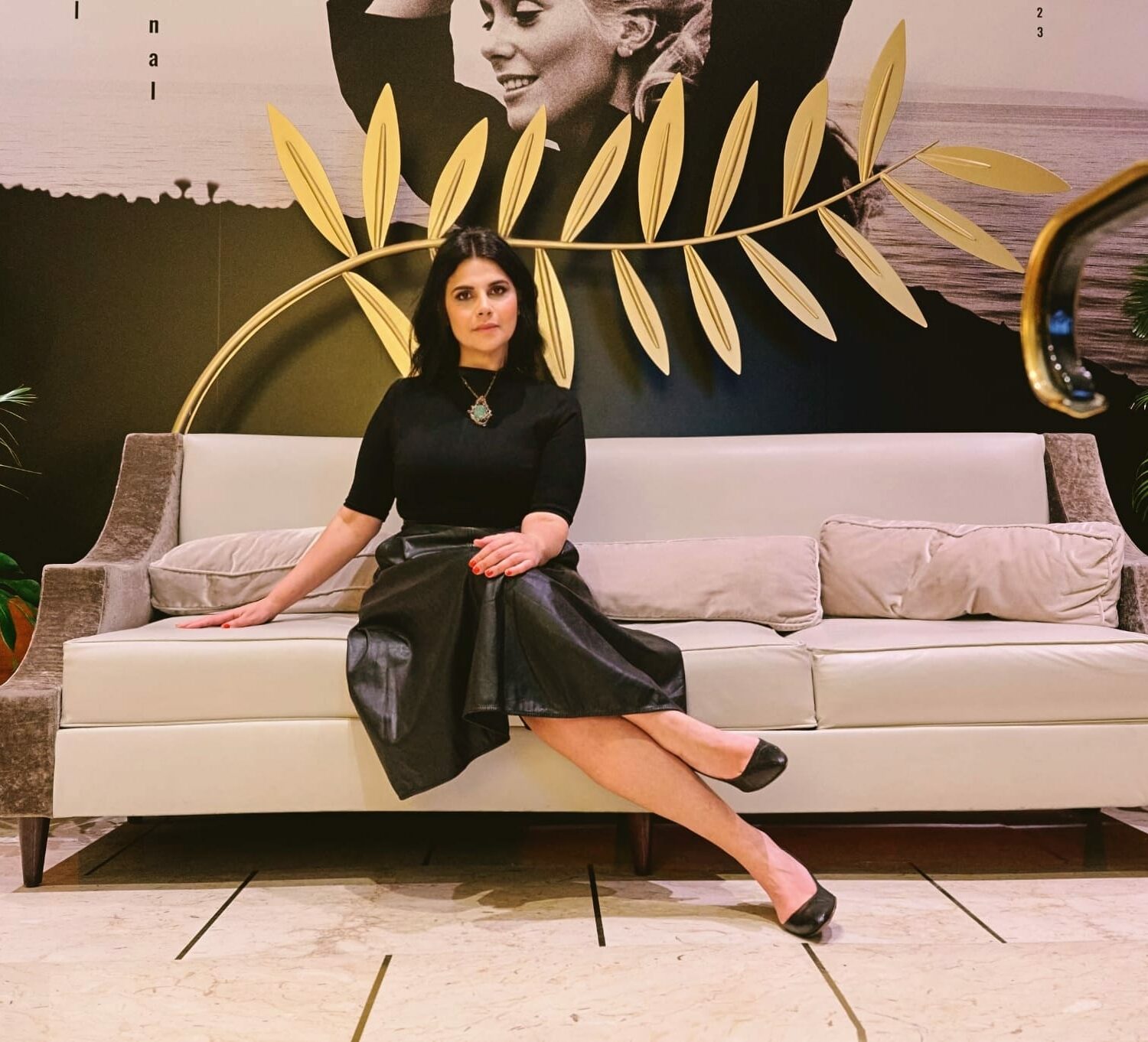Ermelinda Maturo has worked for years in production and event organization, with a focus on the world of cinema and its educational and experimental value. It is a passion, that for the big screen, which began at a very young age and, since then, cinema has become her tool with which to explore and narrate the world. Today she has made it her job. And with Travel On Set, a project born in New York, she aims to give young people an opportunity to develop their talents in filmmaking. We interviewed her to let her tell us more about it.
Good morning Ermelinda! Where did the idea for Travel On Set come from and what is the goal of the initiative?
“The idea of Travel On Set stems above all from the desire to offer young people a unique perspective on an industry often seen as distant or inaccessible, allowing them to approach the reality of cinema not only as spectators, but as possible creators. The goal of the initiative is twofold: on the one hand, it wants to teach the fundamentals of filmmaking, and on the other, it aims to develop in the participants skills of expression and collaboration, strengthening their self-esteem and communication skills. Through this project, we intend to build a bridge between the world of film and education, turning the language of film into an opportunity for personal and cultural growth for children.”
How can cinema and education go hand in hand?
“Cinema and education are intrinsically linked: cinema offers a lens through which to observe and interpret reality, and for this very reason it is a very powerful tool for forming critical and conscious consciences. In Travel On Set, cinema becomes a medium through which young people learn not only the techniques and languages of storytelling, but also how to explore and narrate their own experiences, while developing values such as respect, solidarity and collaboration. Indeed, cinema educates diversity, empathy and critical reflection.”
Film art is often left out of the general education curriculum. Do you think this is something that needs to be changed?
“Absolutely. Film is a comprehensive art that integrates music, writing, set design and acting, representing a universal language that can engage young people in a direct and stimulating way. Including film pathways in school curricula, even with simple workshops, could encourage young people to develop important soft skills, such as analytical skills, creativity and communication. I believe that cinema should have a stable space in educational programs, not only as an artistic discipline, but also as a tool for interpreting society and addressing complex issues.”
Successful series often tell the “unease” of generations. Is there a bias in these narratives or do they represent educational value?
“The depiction of youth distress in hit series such as *Skins* or *Euphoria* highlights real issues, but it is true that these stories are often fictionalized to capture attention. However, behind the hype, there is an important educational function: young people, by identifying with these stories, can feel understood and find a space to reflect on complex issues such as mental health and adolescent difficulties. Travel On Set seeks to foster this authenticity by teaching teens to tell their stories in a way that is honest, responsible and free of stereotypes.”
How did the Travel on Set project in New York take place? What impressions did it leave you with?
“In New York, Travel On Set has found a warm welcome and great enthusiasm from our students and their families. The kids are having immersive experiences, creating and working as a team, learning how every part of filmmaking is interconnected. It is an incredibly enriching experience for everyone, both our artists and educators and the children and youth involved. The interest generated confirms that this format succeeds in engaging students on an international level, offering them important tools and stimulation.”
What was the response at the Cannes Film Festival?
“The participation of Travel On Set at the Cannes Film Festival was a turning point. To be recognized in such a prestigious context , after the first presentation Alla Bocconi in Milan, was a great honor and confirmed the cultural value of our project together also with Pope Francis’ Pontifical Academy of Theology of the Vatican. The feedback was very positive, and we had the opportunity to share our vision with a wide audience and to meet professionals in the field with whom we are considering possible collaborations for future editions.”
Now he is in Paris with even more ambitions: what are the next steps?
“Paris represents a further step of growth. Here we aim to consolidate the project and make it a recurring event in several international cities. Next steps include expanding to new areas, including outside Europe, to make Travel On Set accessible to more and more young people. In addition, we are considering integrating new technologies and organizing partnerships with educational institutions to give the project lasting stability and amplify its impact.”
The article Travel On Set, Italian-led international film school comes from TheNewyorker.

